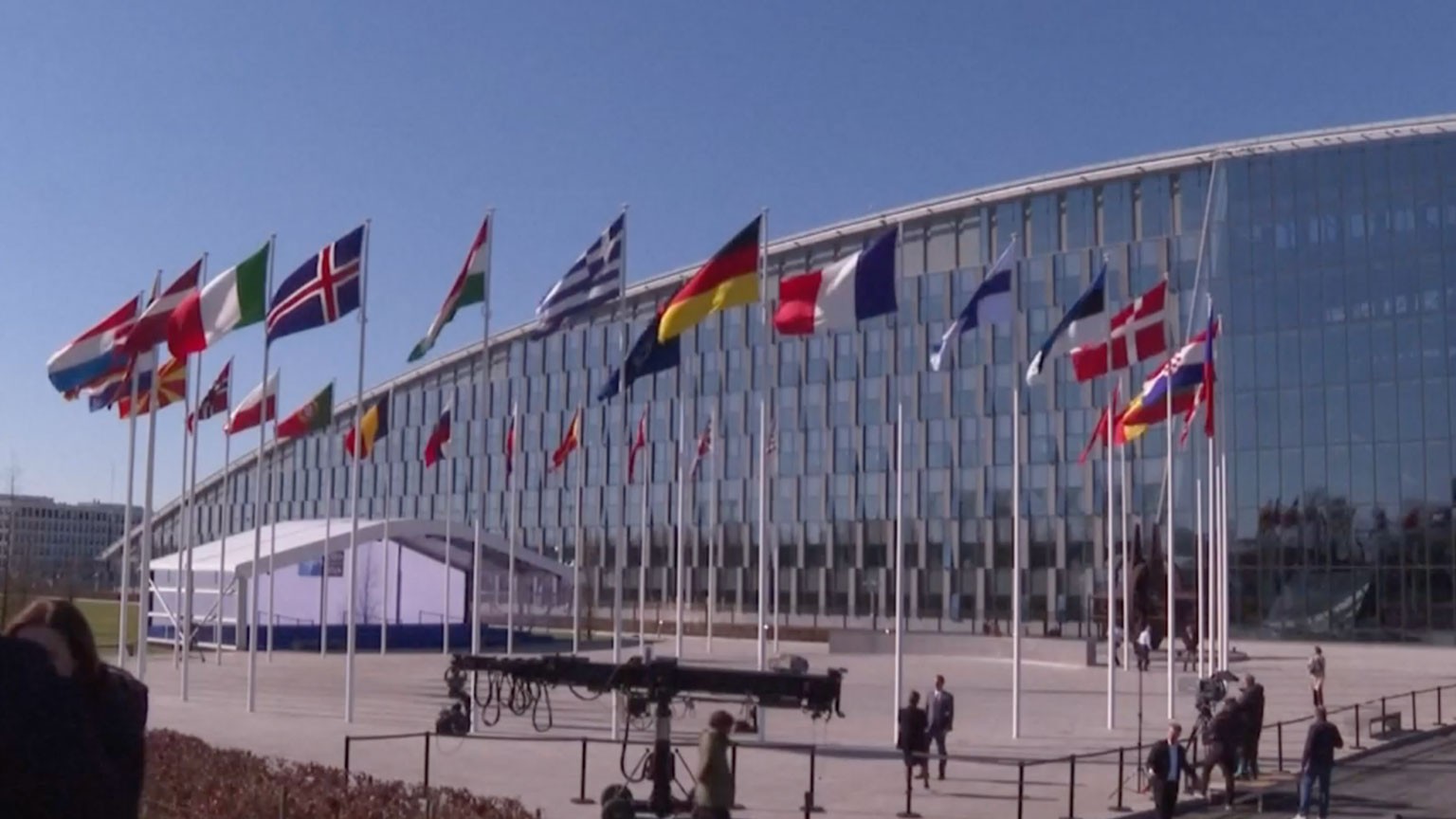What is the NPT?
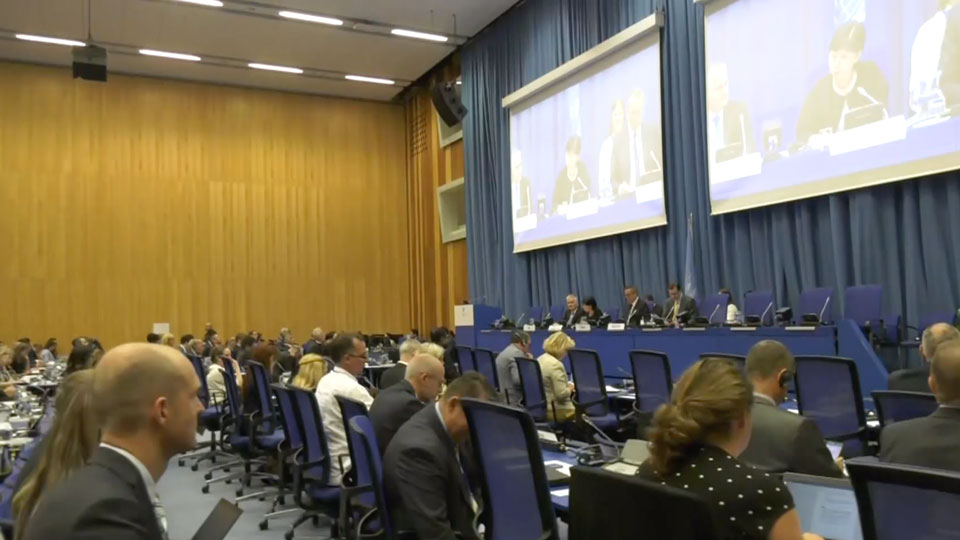
The NPT — the Non-Proliferation of Nuclear Weapons Treaty — aims to prevent the spread of nuclear weapons, promote cooperation in the peaceful uses of nuclear energy and further the goal of achieving nuclear disarmament. It entered into force in 1970. A total of 191 states parties have joined the pact, including the five nuclear-weapon states: US, Russia, China, France and the UK. Every five years, members review the treaty's operation.
Russia objects to NATO buildup
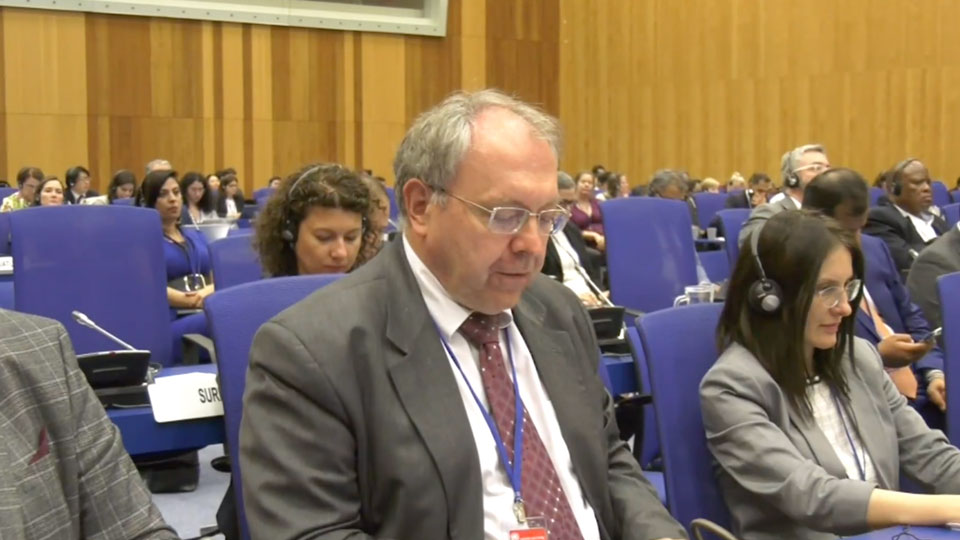
Russia's representative set the divisive tone. Mikhail Kondratenkov criticized the United States for "actively preparing to deploy missile systems previously prohibited under the Intermediate Range Nuclear Forces Treaty." Kondratenkov said the military budgets of NATO countries and their allies amount to about two-thirds of global expenditures.
Several delegates countered Moscow's position. Lithuania's representative said, "Deployment of any kind of nuclear weapons in Belarus goes against Russia's and Belarus' international commitments under the nuclear non-proliferation treaty. It has already had many catastrophic consequences, including increased risks to nuclear safety and security."
The US delegate concurred, saying, "Russia's unprovoked war against Ukraine tragically continues, as does Russia's irresponsible nuclear rhetoric."
Moscow's envoy shot back, saying Western leaders are also building up their nuclear arsenals. He claimed Russia is just responding to the threat from NATO, and is taking steps to ensure its own security.
Brinkmanship in Asia
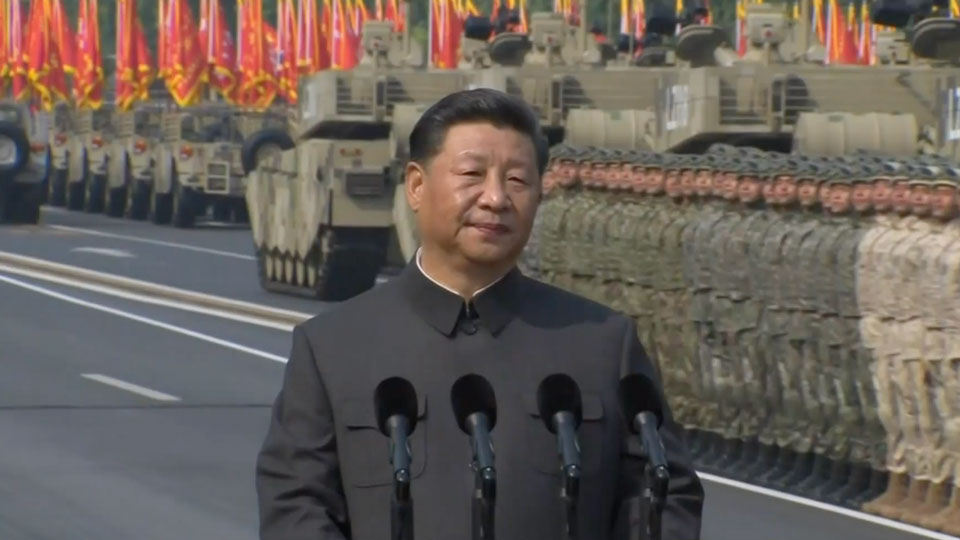
Tensions are also rising in Asia. According to the Stockholm International Peace Research Institute, China has reportedly built more nuclear warheads this year than any other country in the world.
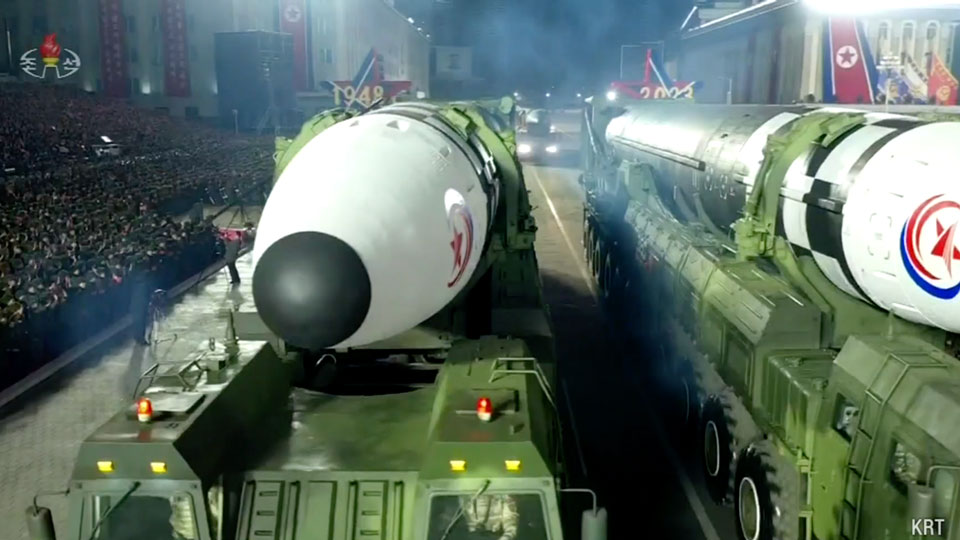
Across the border, North Korea has been conducting ballistic missile launches at an unprecedented pace. In response, neighboring countries appear to be seeking more overt protection from the US nuclear umbrella. An American submarine capable of carrying nuclear weapons docked in South Korea last month.
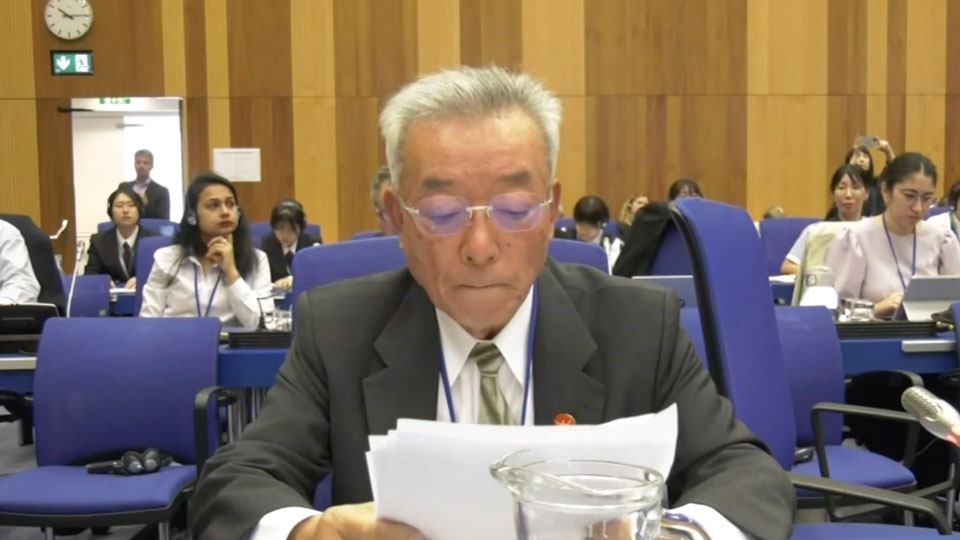
Message from bomb survivors
As major powers traded accusations, a survivor of the atomic bombing in Hiroshima took the floor on August 2. Ieshima Masashi was at home when the atomic bomb hit Hiroshima. He was three years old. He recounted the harrowing experience of his family, and how his mother was seriously injured by flying glass shattered by the bomb blast. He said nuclear weapons and humankind can never coexist.
The mayors of Hiroshima and Nagasaki used their time at the microphone to argue for a complete ban of nuclear weapons. Matsui Kazumi, the mayor of Hiroshima, said the current situation runs counter to the wishes for peace that atomic-bombed cities have long been appealing for. He called on participating countries to use the ongoing meeting to take a major step forward toward concrete measures for nuclear disarmament and non-proliferation. Nagasaki City Mayor Suzuki Shiro said knowing the reality of atomic bombings is the first step in realizing a world without nuclear weapons and a driving force for changing the world. Suzuki said he wants to work with people across the world to make Nagasaki the last place to suffer an atomic bombing.
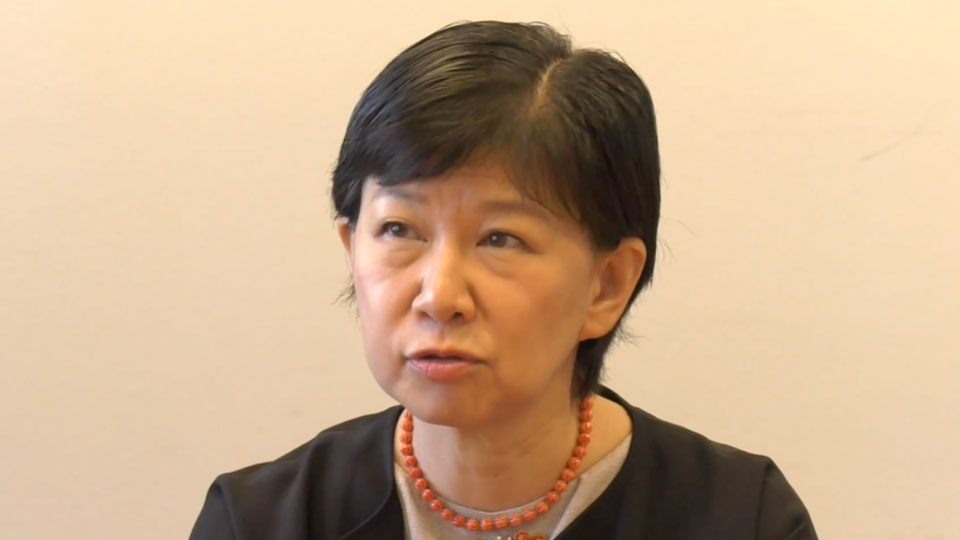
Nakamitsu Izumi, UN High Representative for Disarmament Affairs told NHK, "I want signatories to fully recognize the severity of the situation, and use the NPT to reduce the risk and properly look for ways to return toward the path of disarmament."
The preparatory meeting will run until August 11. Given the volatile international situation, the ill-tempered exchanges look set to continue. Those calling for nuclear restraint will face a difficult time getting heard.
